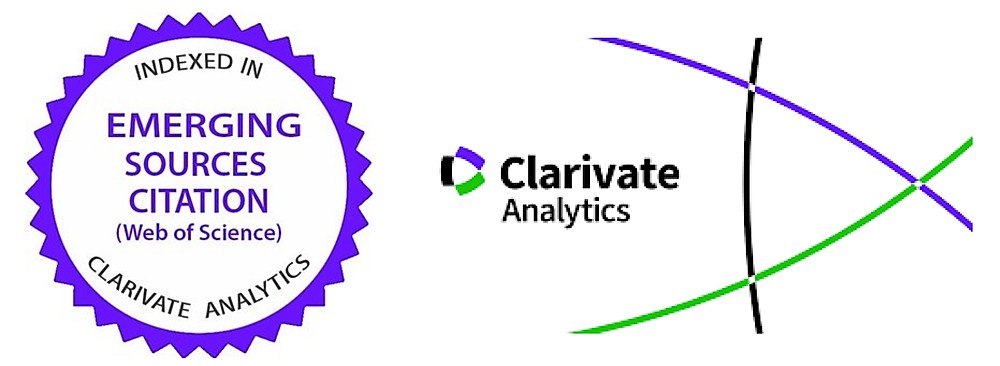Behavioral Determinants of Corruption. A Cross-country Survey
Abstract
This research comes to empirical investigate whether the country‟s levels of corruption may be explained by some behavioral factors such as culture, tax morale, trust, religion or happiness. For this purpose, a cross-countries survey of 148 countries is used. The findings document that power distance, trust in legal system, happiness and religion are the most important behavioral determinants of the corruption, explaining about 50 % from the level of corruption around the world. A higher power distance, a lower level of trust in legal system, a lower level of happiness (measured by subjective well-being) and a higher level of religiosity conduct to a higher level of corruption. The findings are important for the policy-makers in order to include the non-economic factors in the analysis of corruption behavior of the people belong to a country, and thus to adopt the most appropriate decisions to fight against this phenomenon.



























